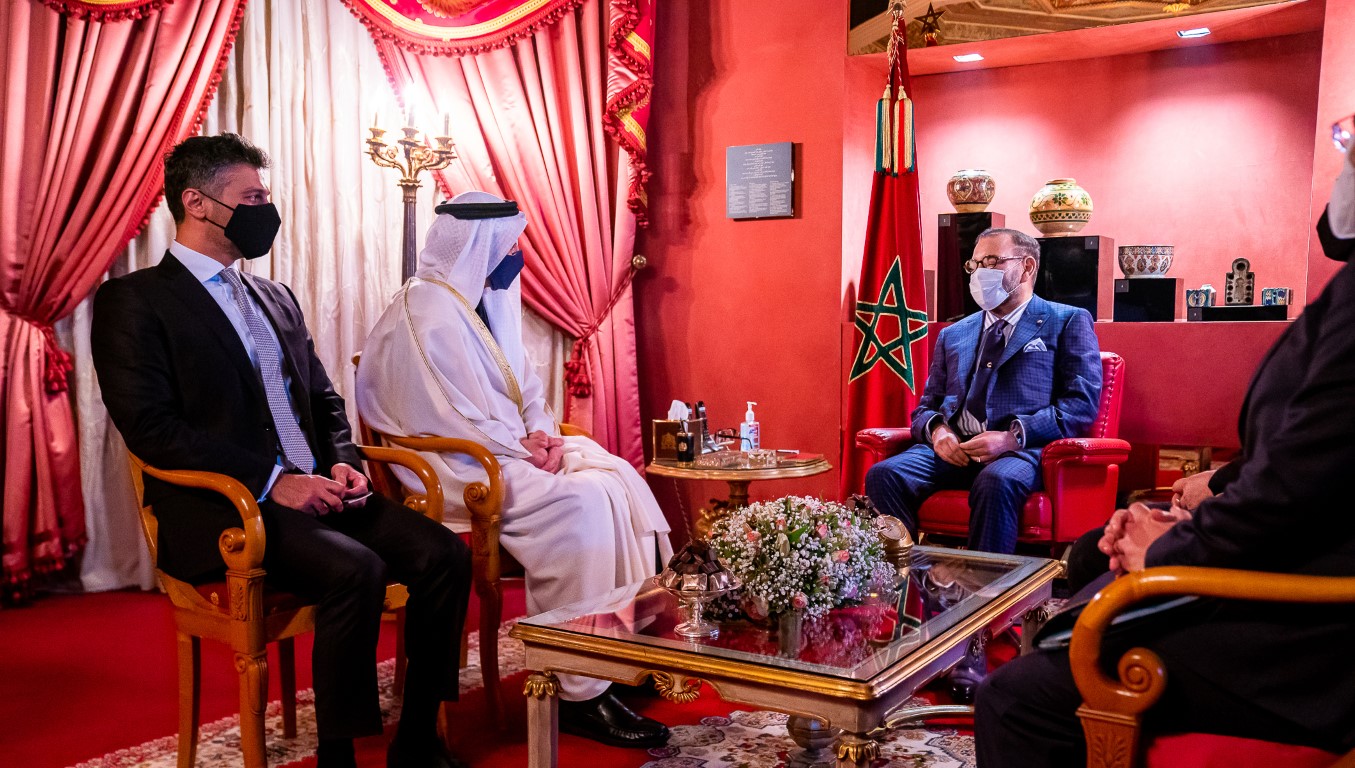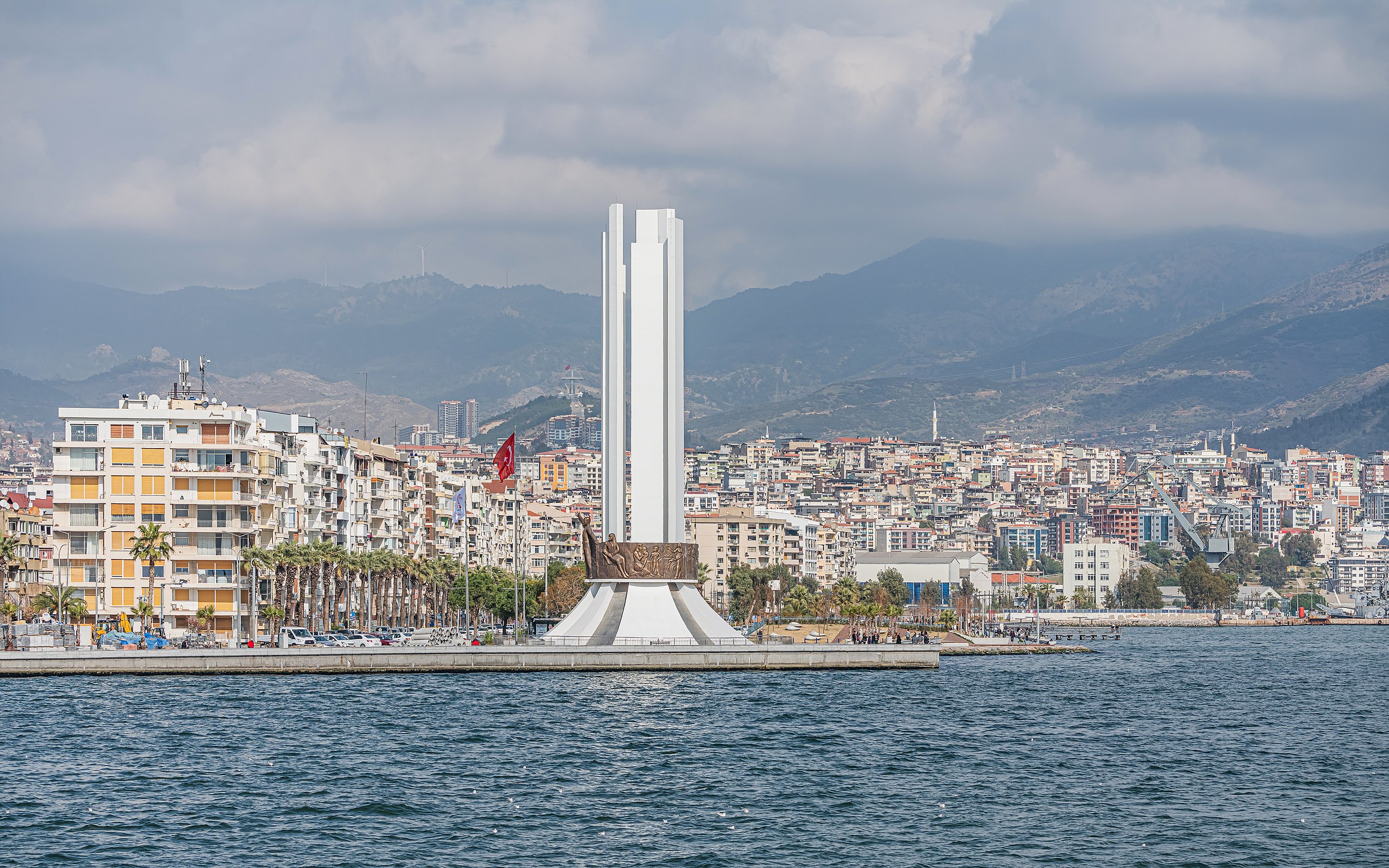Rivals’ accord paves way for Palestine coalition
AMMAN: Fatah and Hamas leaders appear to be moving closer to setting up a unified list that will be the basis of a Palestinian coalition government, a draft agreement between the rival factions reveals.
The agreement, seen by Arab News, was a key factor in the decision to hold elections — Palestine’s first in 15 years — on May 22.
Details of the accord were discussed at meetings in Istanbul and Cairo, and became the basis of an exchange of letters between Hamas leader Ismael Haniyeh and Palestinian President Mahmoud Abbas.
Compromises appear to have been made by both sides, but particularly by Hamas, which accepts that “the PLO (Palestine Liberation Organization) is the sole, legitimate representative of the Palestinian people, and is responsible for all external political issues and negotiations as well as all issues related to war and peace.”
However, Fatah, which has effectively controlled the PLO for decades, acknowledges that the organization requires reform and strengthening so it can better represent all Palestinian groups and in order for its decisions to be mandatory.
By agreeing to be part of the PLO and under its political umbrella, Hamas can avoid the problems it faced in 2006 when it refused to recognize Israel. The PLO exchanged letters of recognition with Israel in 1993.
Hamas and Fatah also agreed to share surplus votes in elections for a national unity government that will run affairs in Gaza and the West Bank, and have total control over all Palestinian areas.
Both sides agreed that the new government “will work on unifying laws and institutions, and have security control over all areas.”
A coalition government appears to give the people of Gaza a chance to exercise freedom of movement and benefit from rebuilding work in the enclave.
According to the agreement, one of the main goals of a coalition government seeking to revive Gaza’s battered economy will be a long-term cease-fire with Israel to prepare the groundwork for extensive rebuilding.
The agreement also calls for Gaza airport and all crossings to be permanently restored along with the establishment of a security corridor between Gaza and the West Bank.
Hamas and Fatah also appear to agree on the need for a change in the role of the Palestinian president, with calls for an overhaul of Palestine’s political structure, “especially the roles of the president, government and legislative council.”
“It is either a presidential structure or a parliamentary one,” the accord said. “The hybrid is a source of conflict.”
Changes should take place before the presidential elections due on July 31, it adds.
The two factions also agreed that the “election campaigns must be civilized, respectful, and avoid abuse and libel from all sides.”
According to the agreement, election results “will be recognized no matter what they are.”

Agreement between Fatah and Hamas paves way for Palestine coalitionFatah and Hamas agree to hold general elections in Palestine









